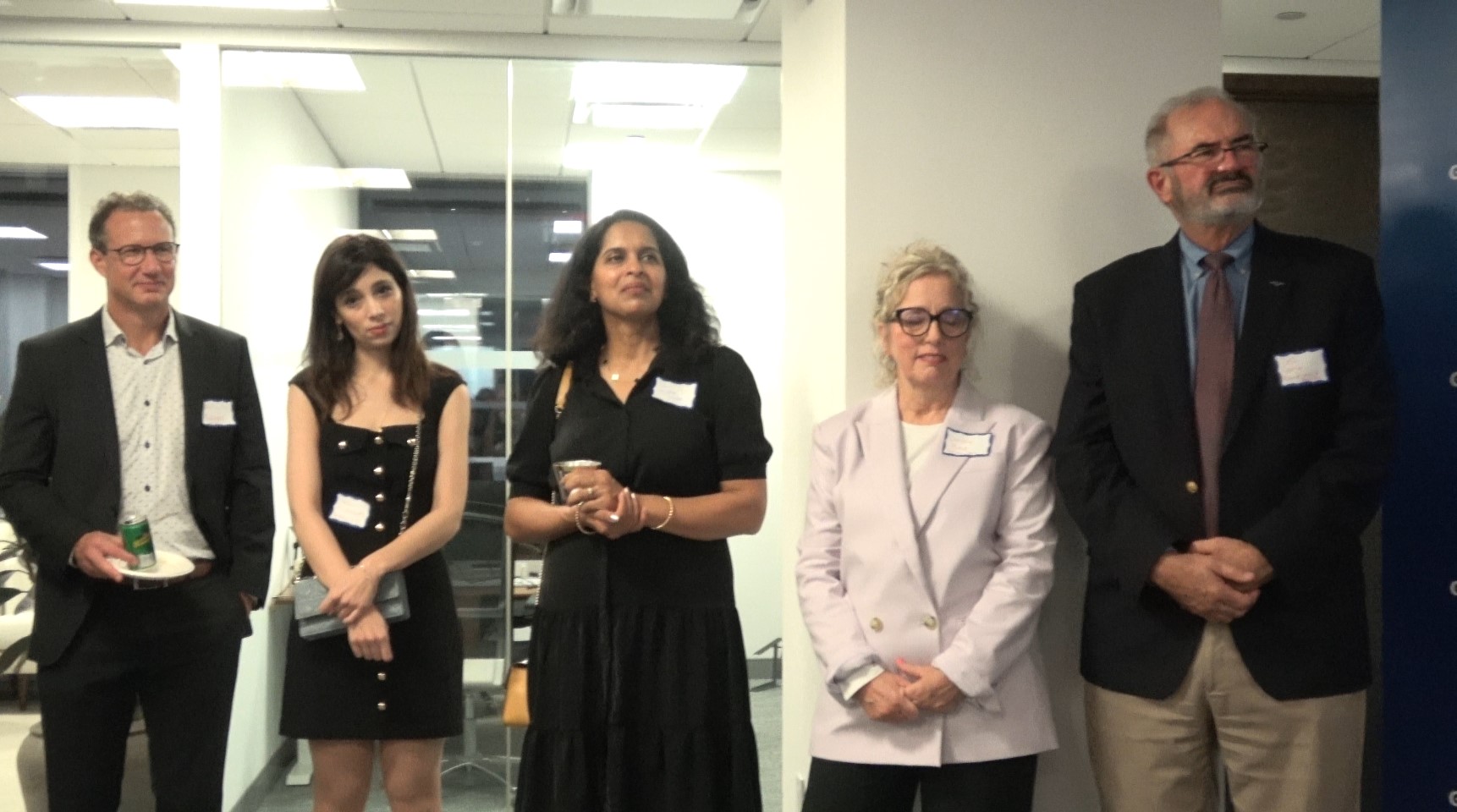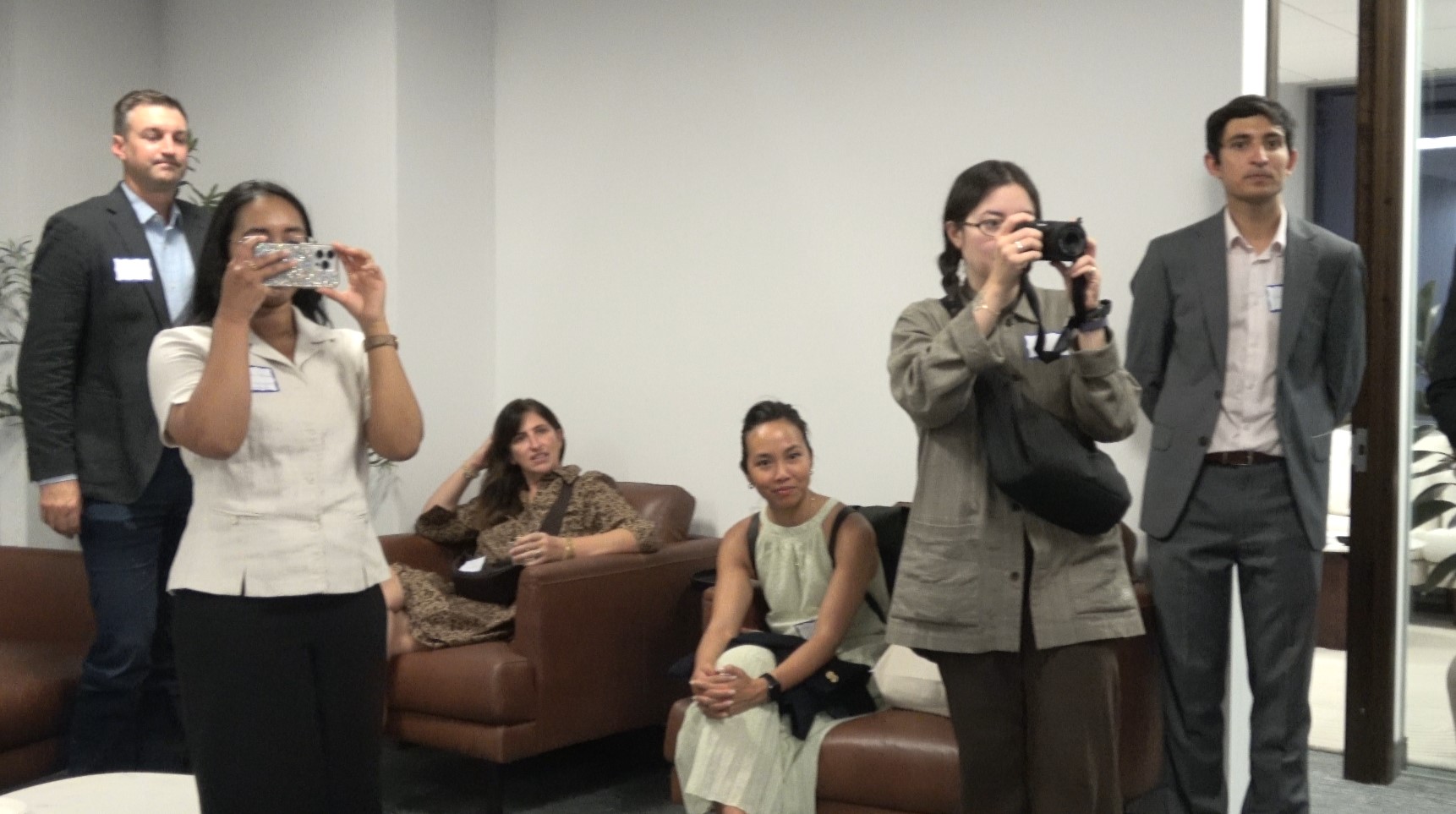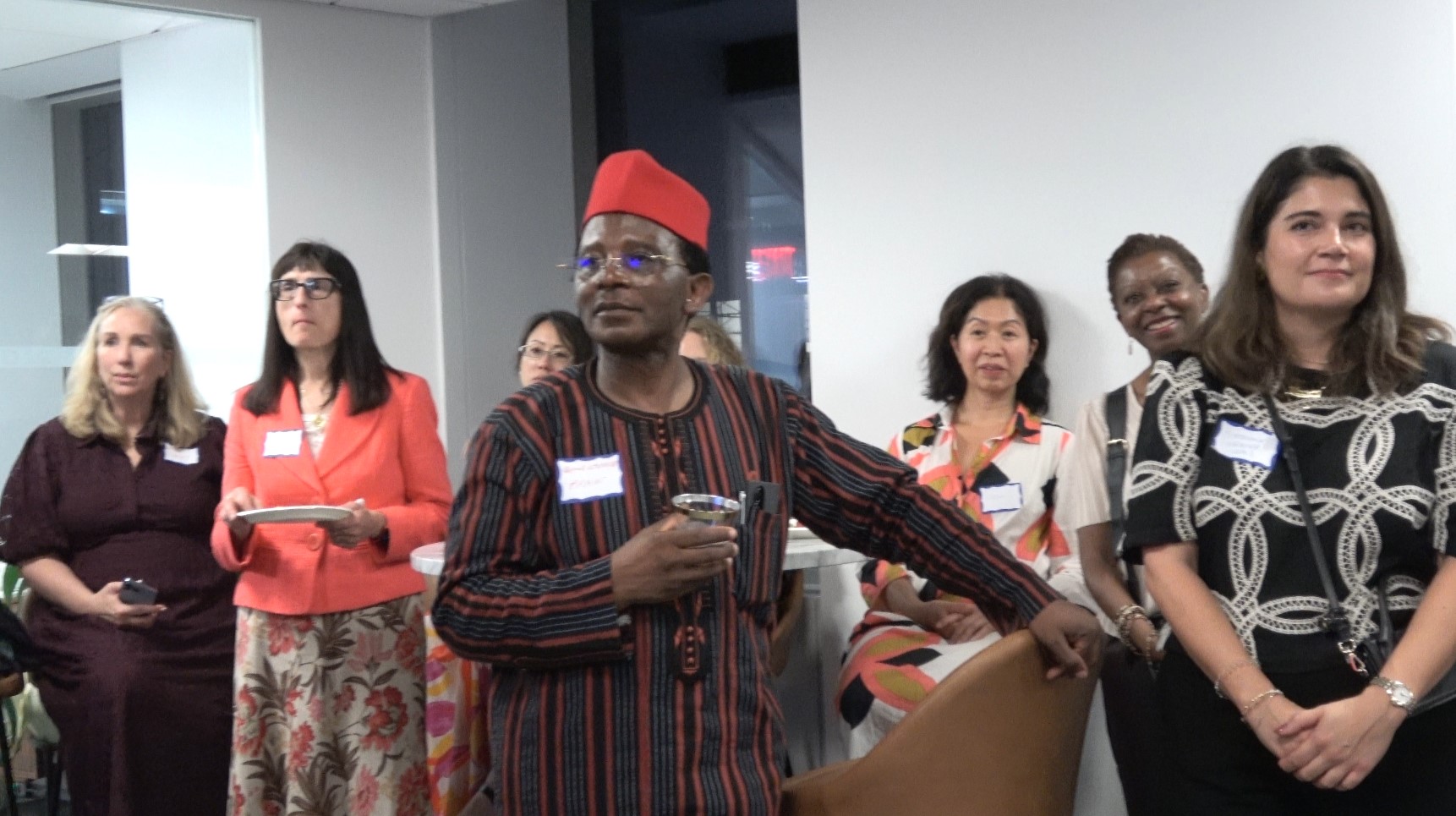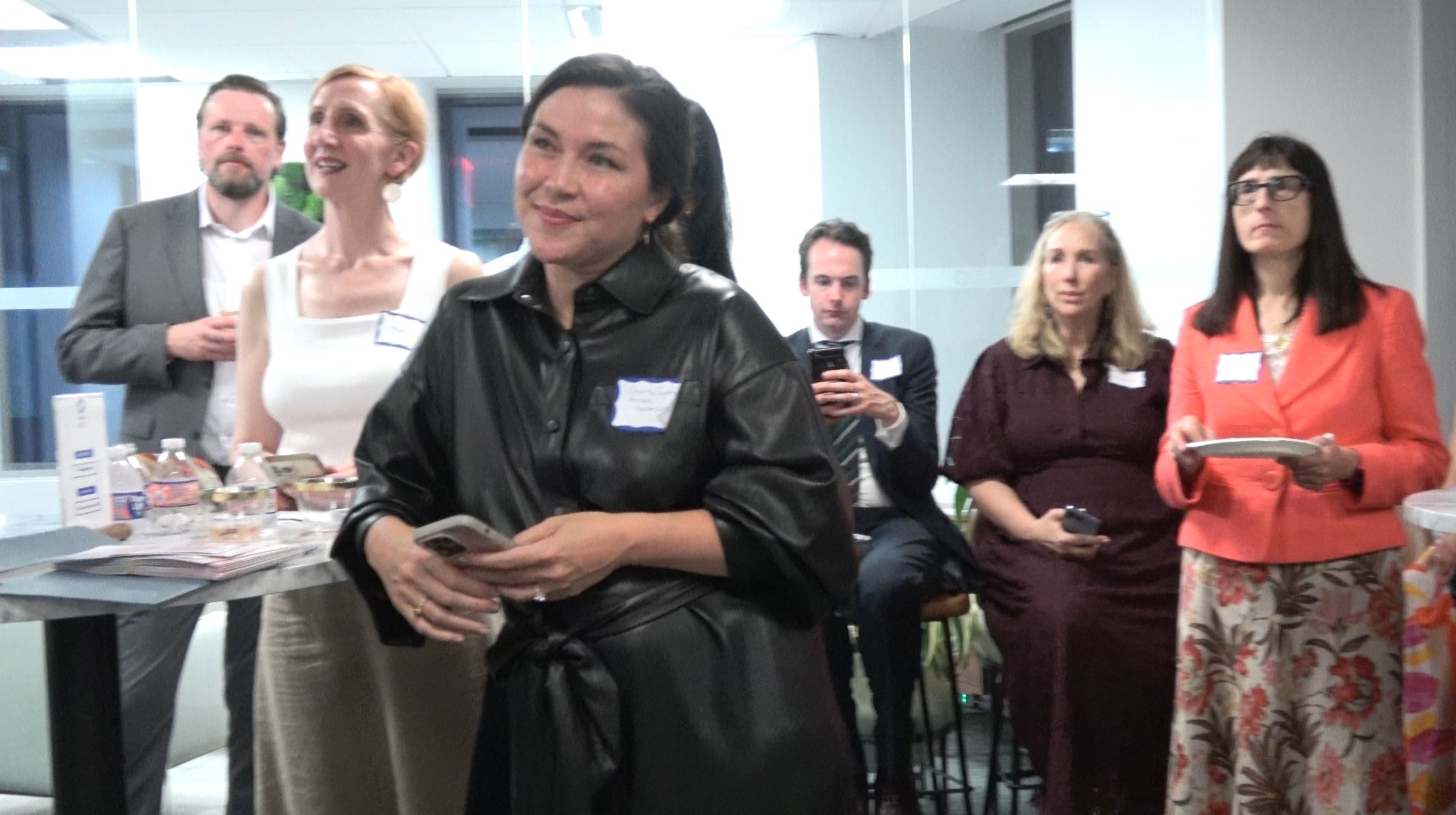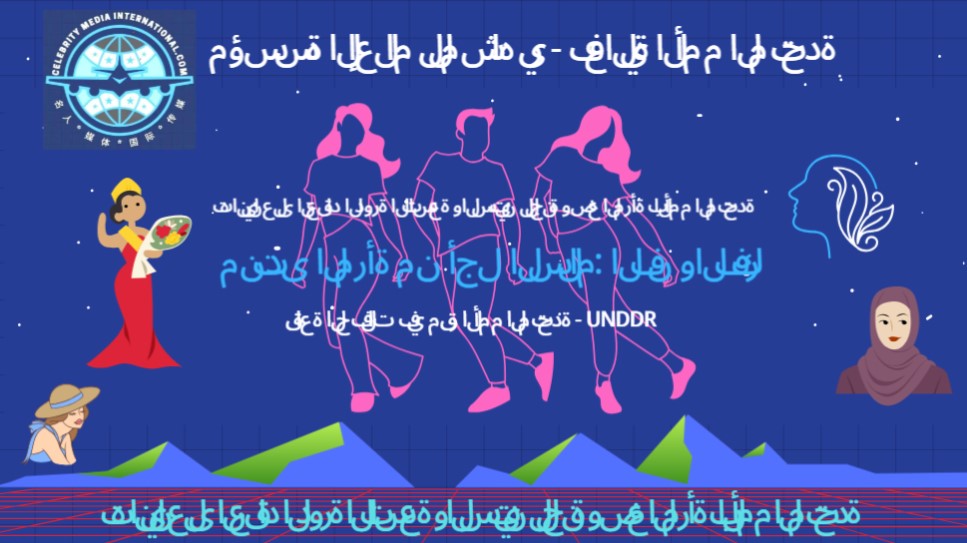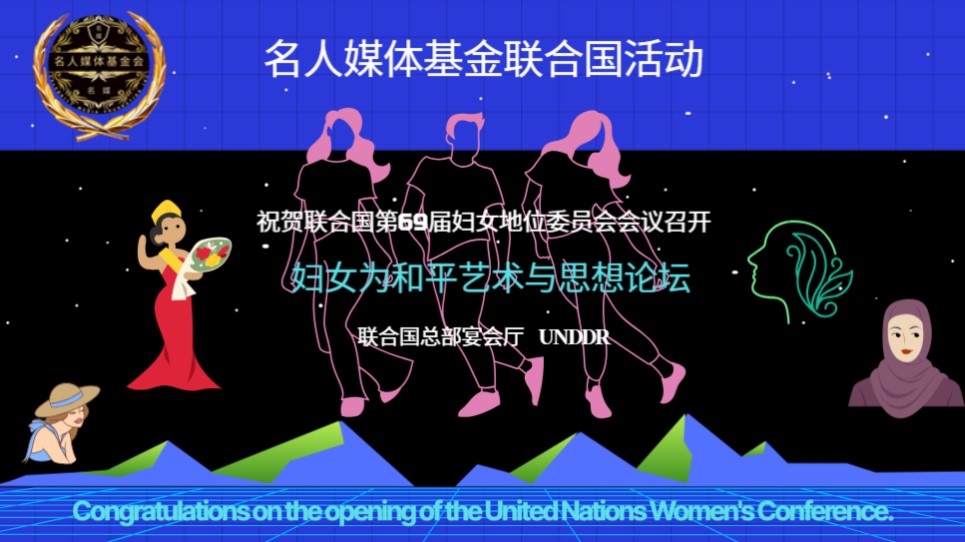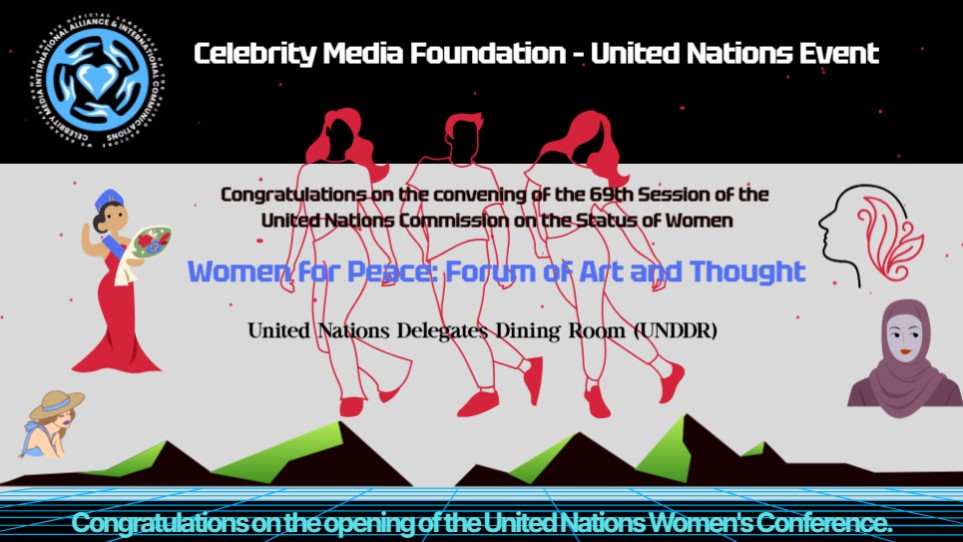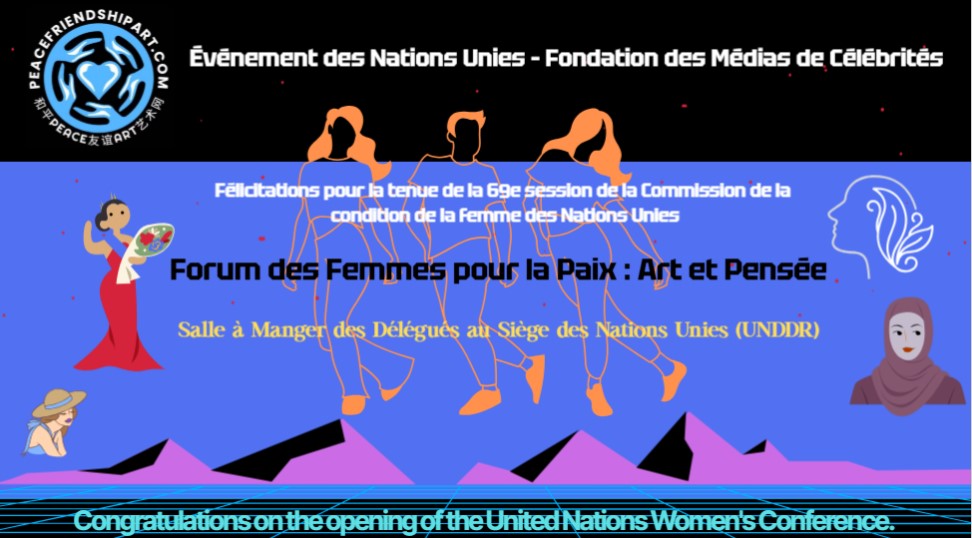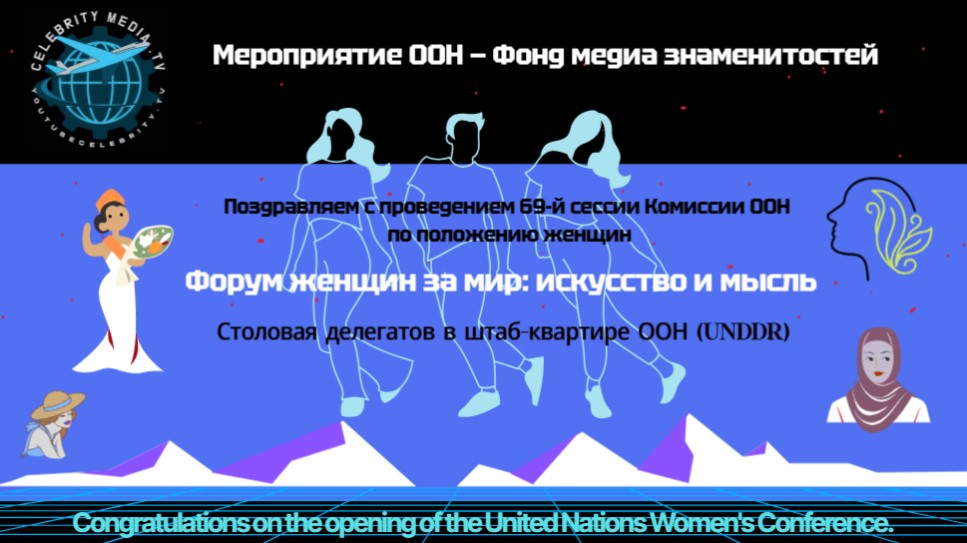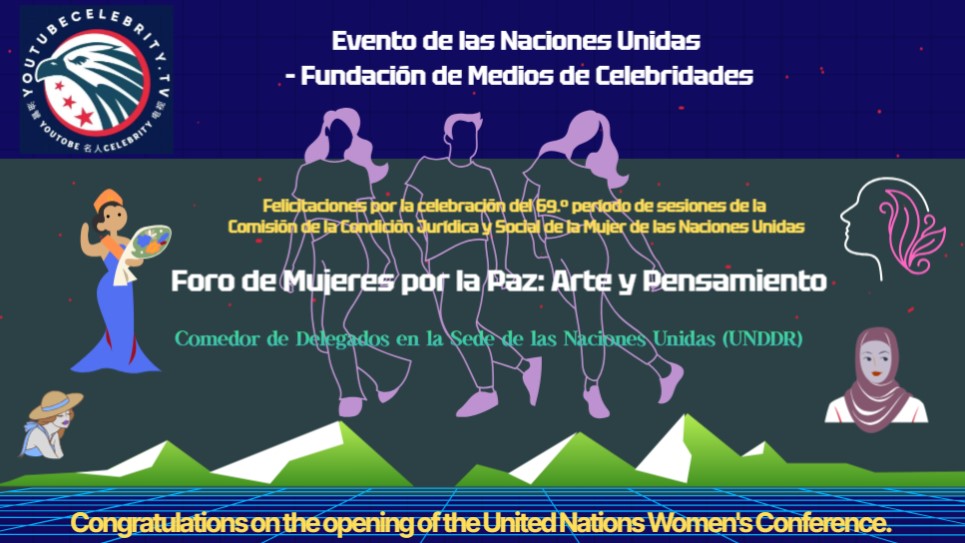Editor's Note from Celebrity Media: As the 80th United Nations General Assembly convenes in New York, the world's attention once again focuses on peace, development, and the shared well-being of humanity. Yet beyond the realm of high-level diplomacy and
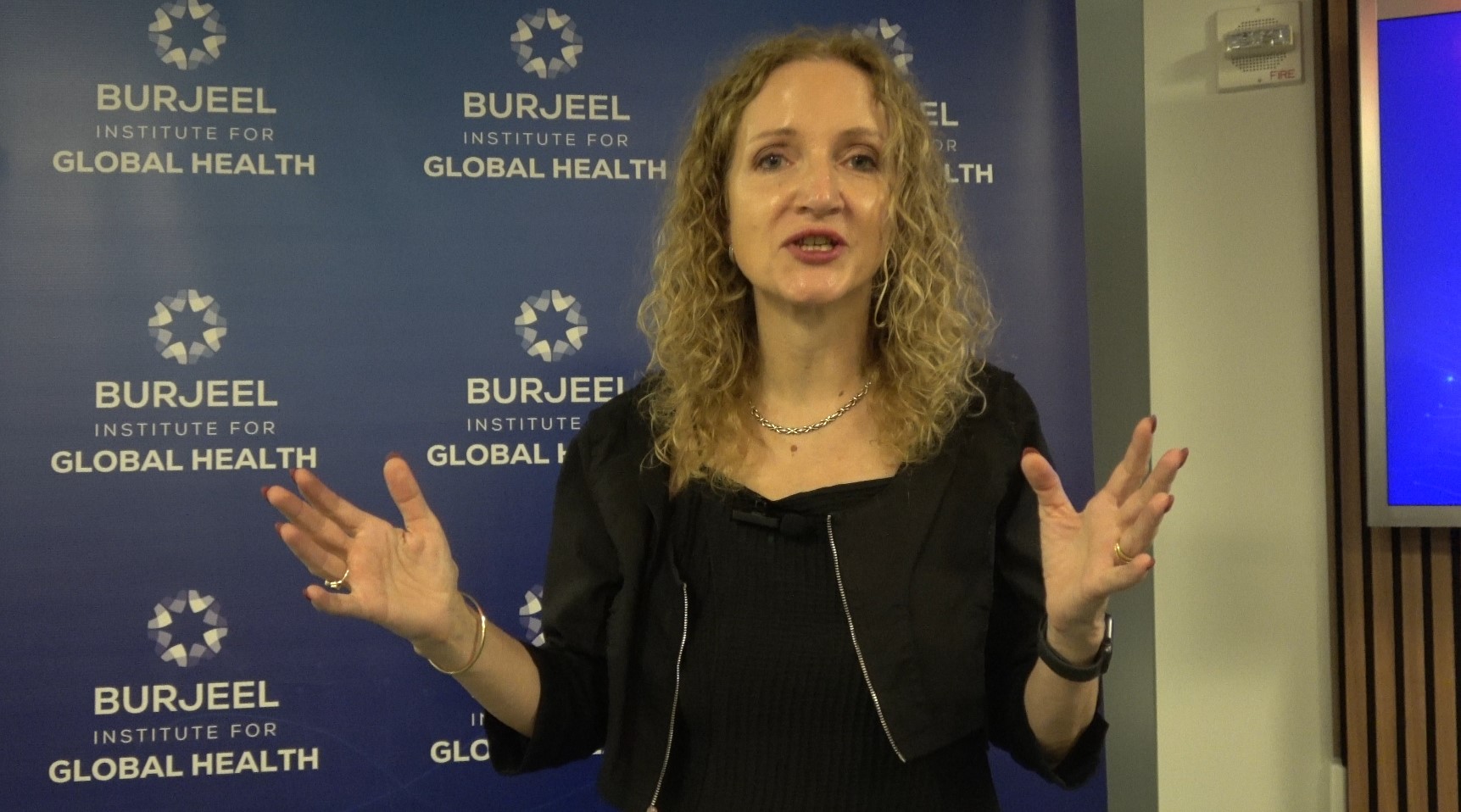
Hosted by the European Brain Council (EBC), the Care Economy Reception brought together leading figures from medicine, neuroscience, technological innovation, and social enterprises. Held during the UN General Assembly, the event symbolized cross-sector resonance—bringing “brain health” and “mental health” beyond the realm of medical discussion to become vital issues driving social progress.
EBC President Susana shared in her remarks that her husband is living with Parkinson’s disease, which has given her deep insight into the importance of the caregiving community. “Recovery is never a solitary journey—it requires the joint support of family, society, and systems,” she said. The mission of EBC is to unite patients, researchers, clinicians, industries, and policymakers to build a global, patient-centered brain health policy framework.
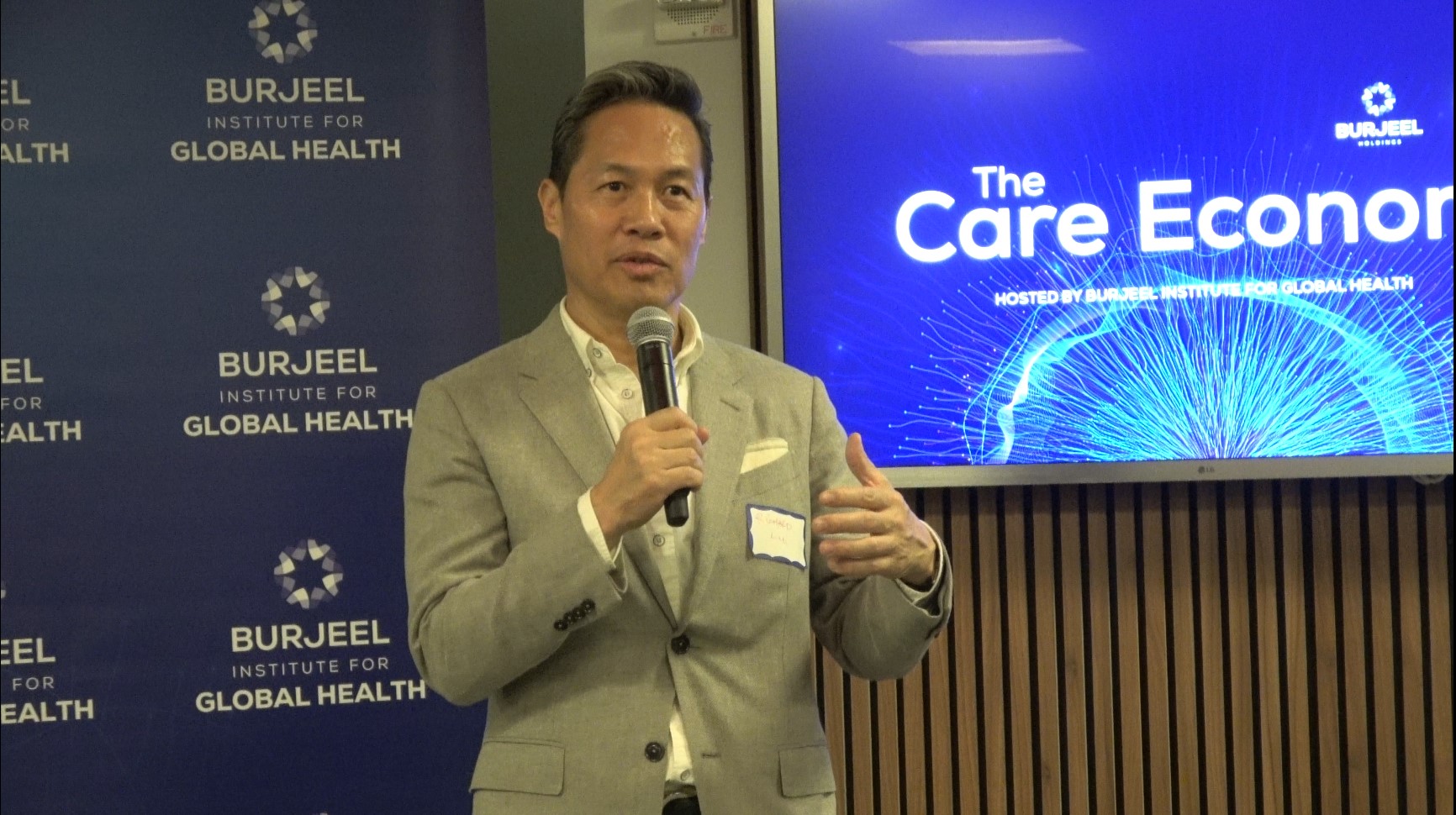
The intersection of technology and care was also one of the highlights of the evening. Shauna, founder of Tender Care, used the “moon landing” as a metaphor to introduce her philosophy of “looking back at Earth”—that when humanity views our blue planet from space without borders, we might better understand the universality of care. She advocated for societies, in this era of aging and intergenerational coexistence, to rebuild trust and safety through innovative tools such as “Tender ID,” which instantly connects family members and emergency teams. Her vision: empowering caregivers and making dignity the bottom line for every household.
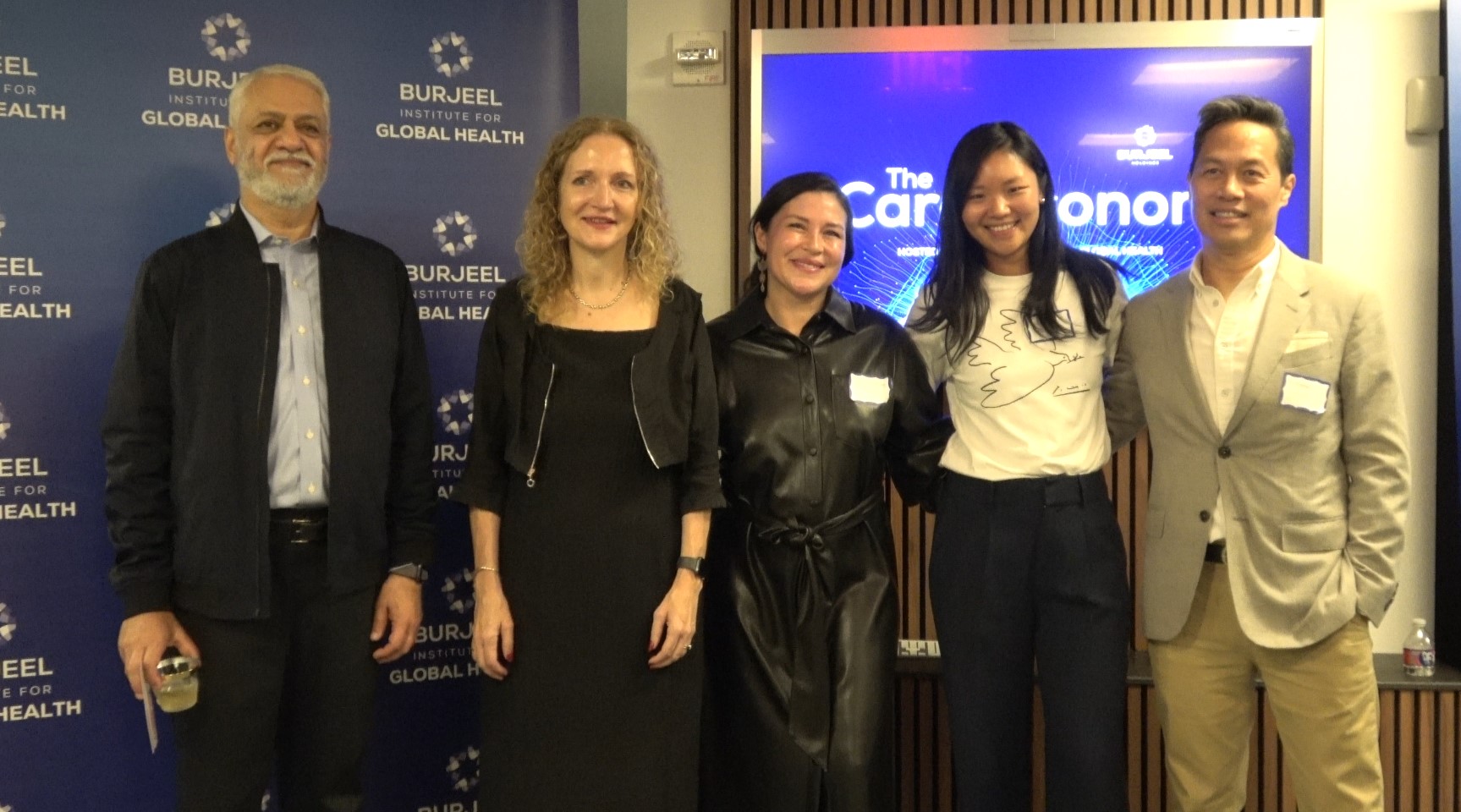
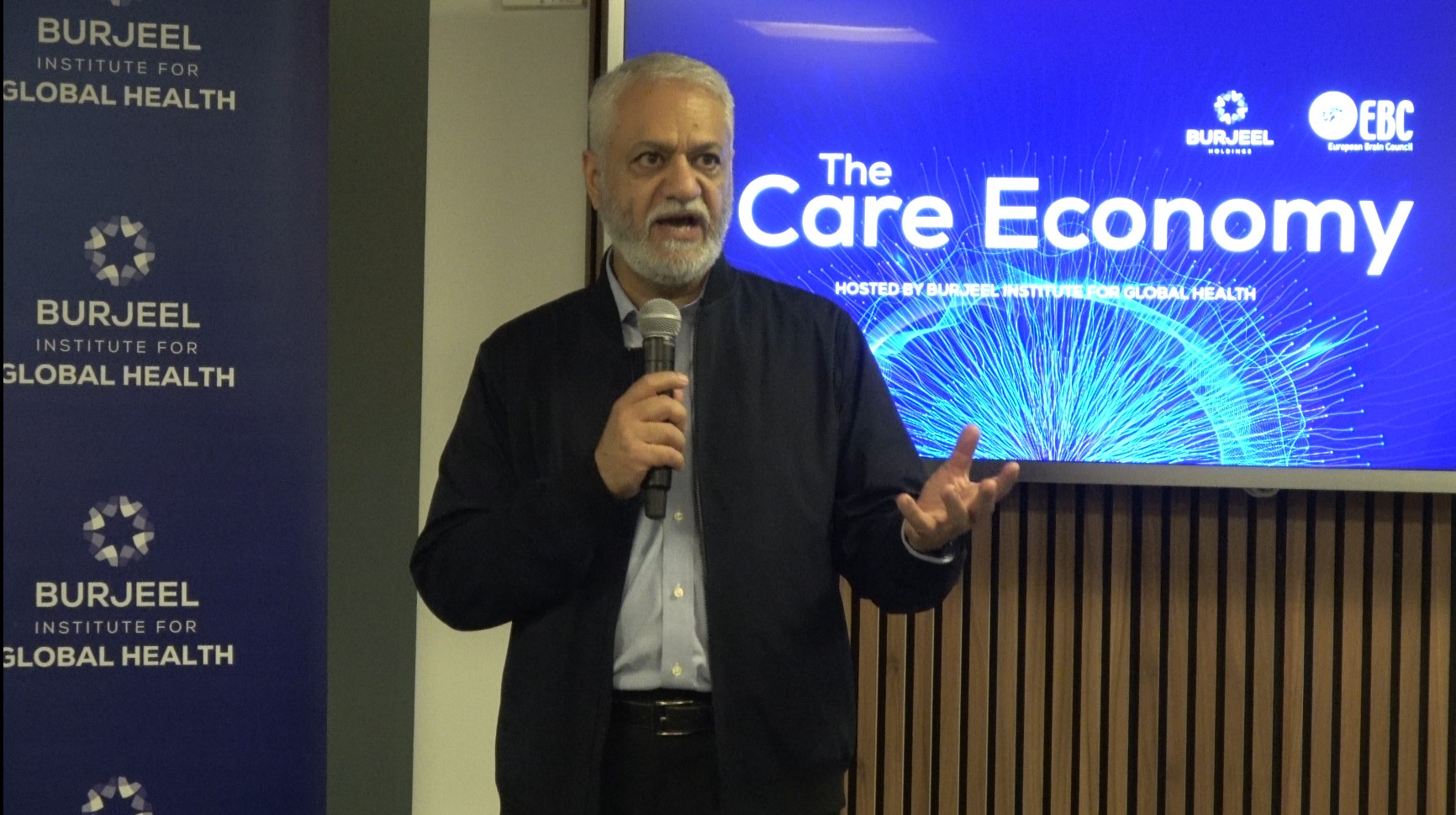
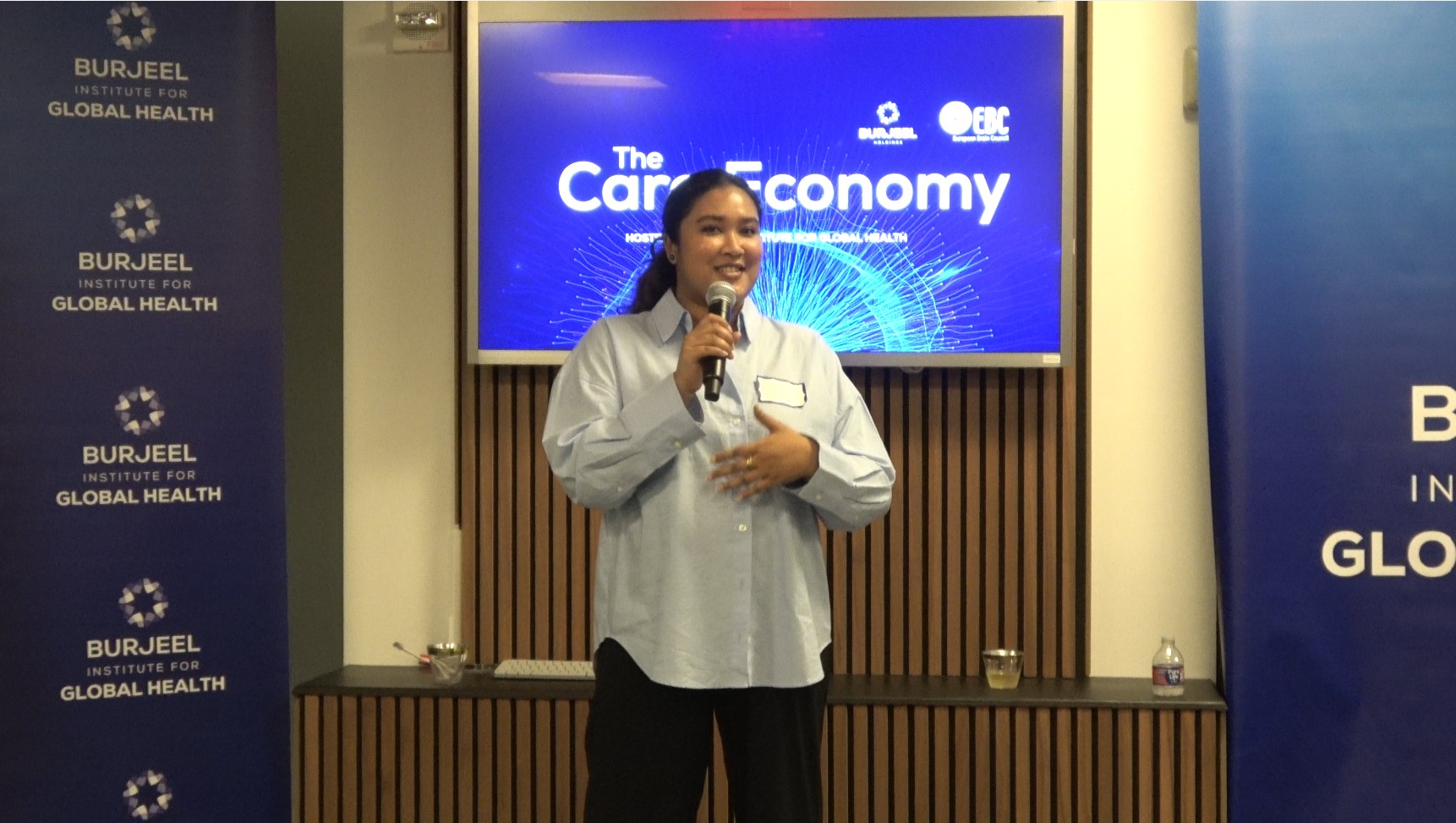
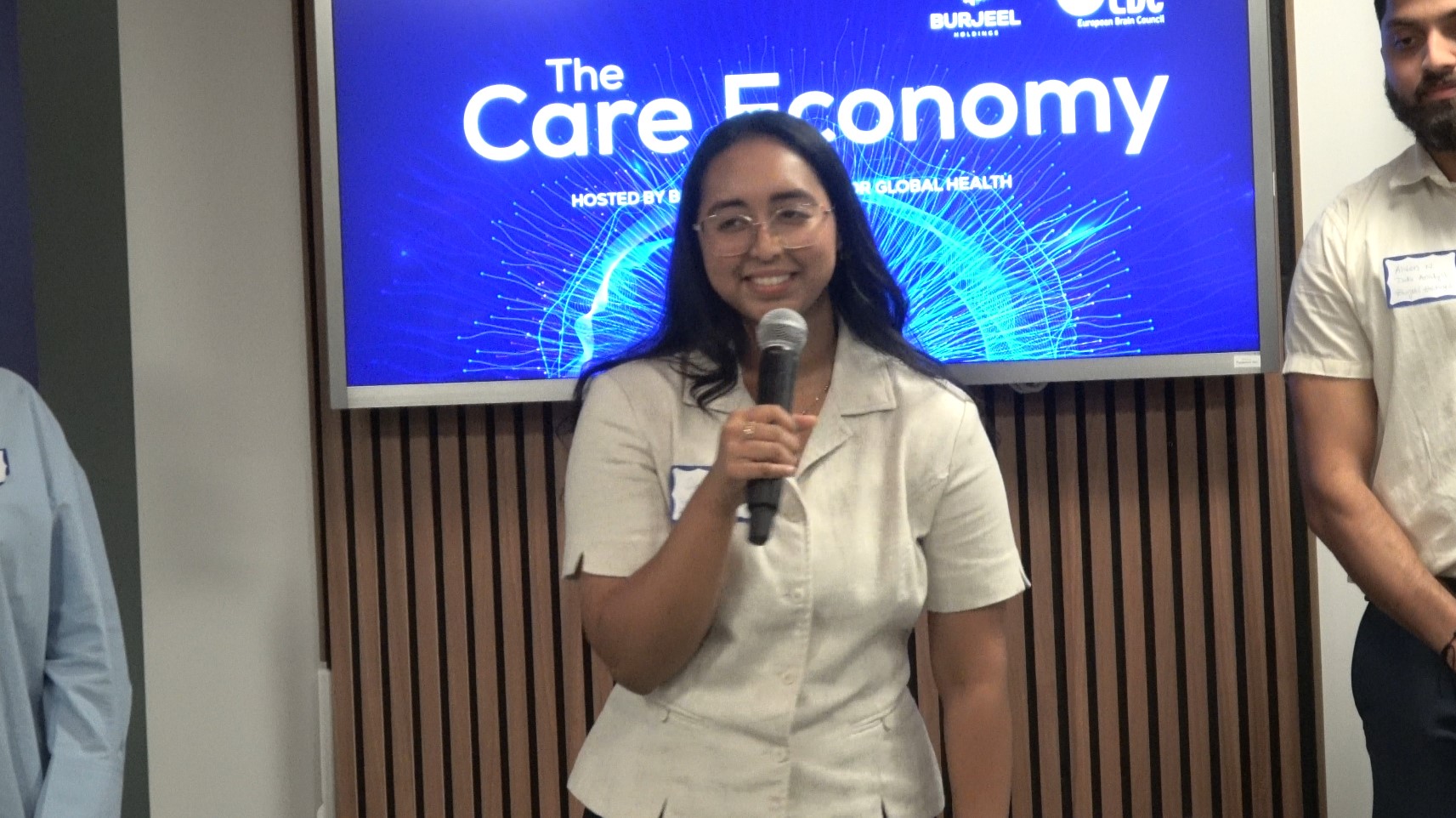
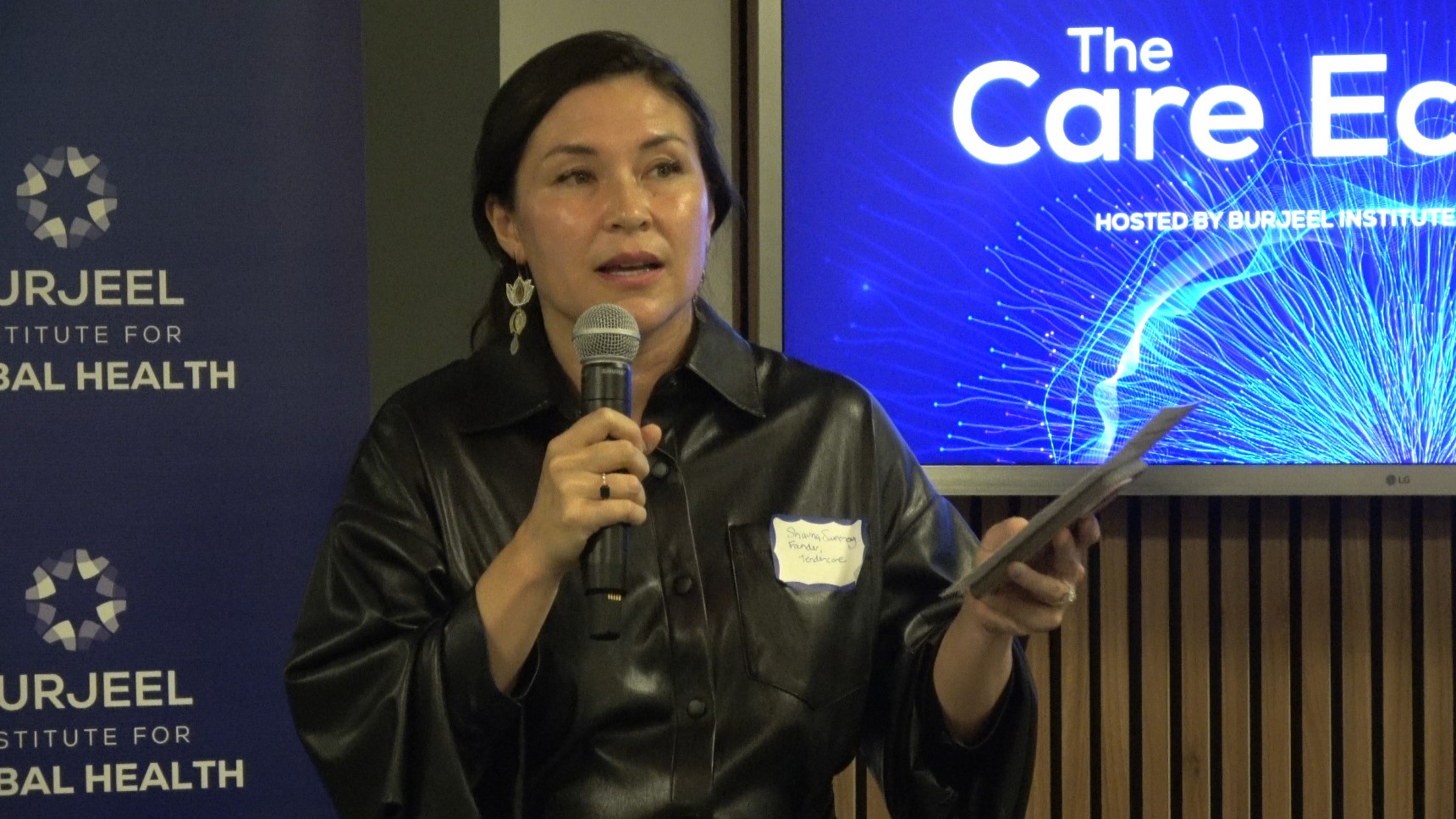
Lily, founder of the New York-based nonprofit “Life Story Club,” approached from the perspective of social-emotional health, revealing the severe harm caused by the “epidemic of loneliness” among older adults. She pointed out that prolonged loneliness is as harmful to health as “smoking fifteen cigarettes a day,” and called for restoring human connection through storytelling and community engagement. “Dignity and care should never have an expiration date,” she said passionately.

In this heartwarming gathering, the technology, medical, and humanitarian communities shone together. Pankaj Paul, Strategic Director of Virgil Global Health Institute, shared their ongoing “Space Diabetes Research”—testing life-monitoring systems on the International Space Station to explore health management in extreme environments. “If we can protect patients in space, we can safeguard lives in the most remote corners of Earth.” His symbolic words painted a broader vision for the future of the Care Economy.
As the organizers noted, the true value of the Care Economy lies not only in reforming healthcare systems but also in how humanity treats one another. When science, policy, and empathy converge once more, care is no longer synonymous with weakness—it becomes the gentle force that propels the world forward.
